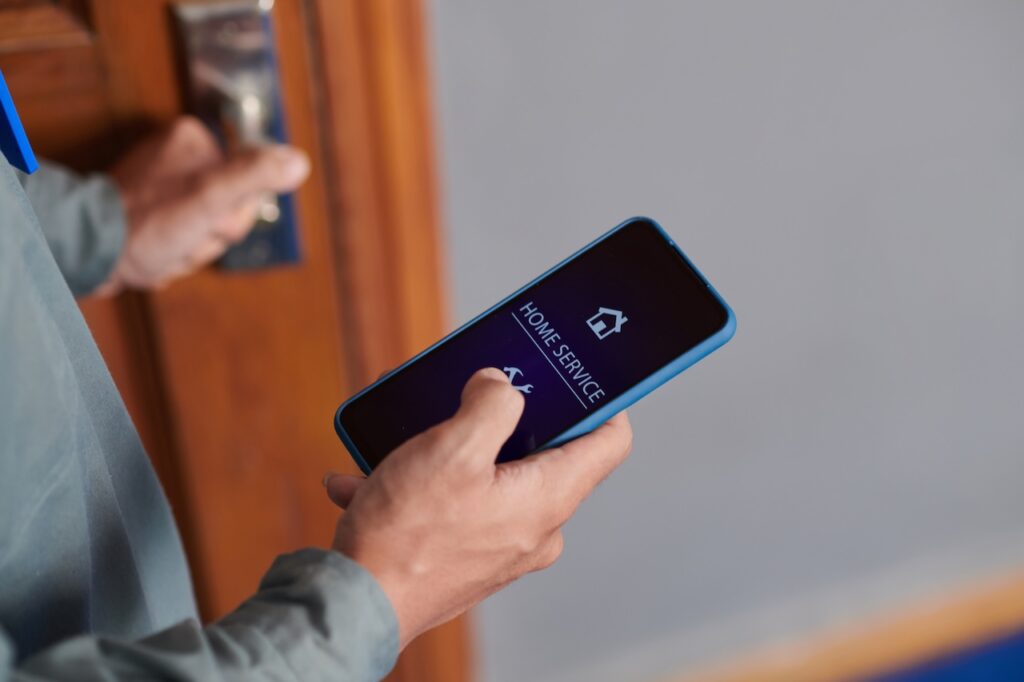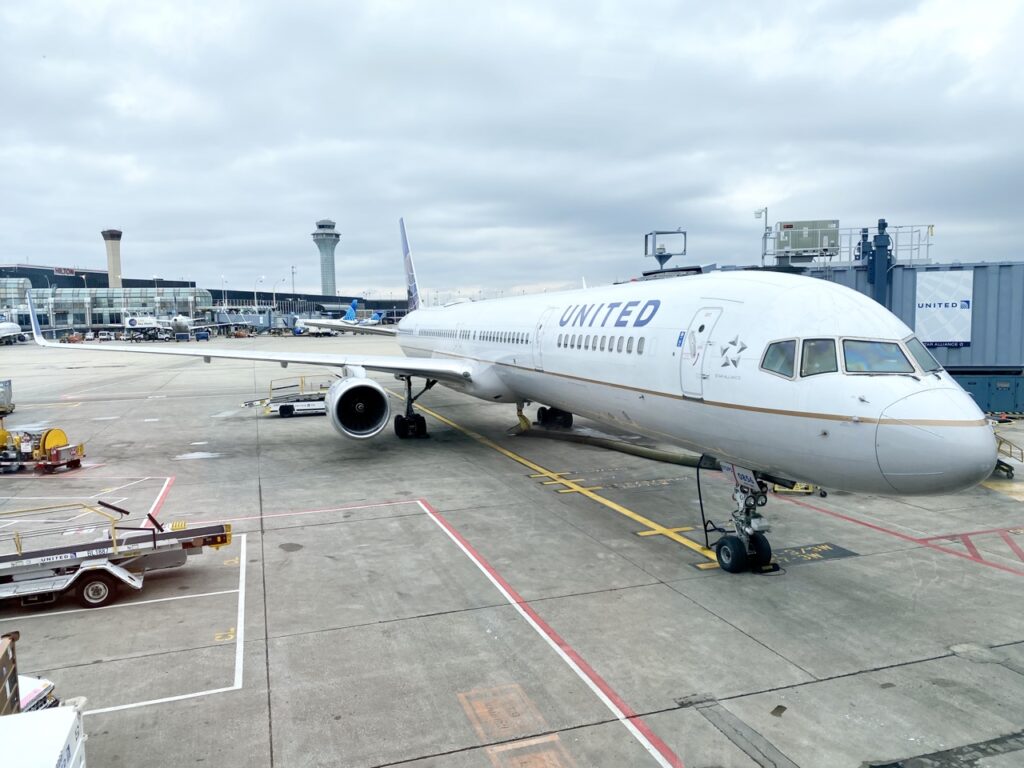TIME’s innovation award shows a better way to check in without one more app making the digital key accessible to all.

Why This Caught My Eye
Hotel apps promised smoother stays, then buried us in passwords and two-step logins. TIME just named Alliants’ Apple Wallet Digital Hotel Keys to its Best Inventions of 2025 list, and it feels like a reset. Put the key in the wallet your phone already uses, tap at the door, and get on with your trip. No downloads. No forgotten credentials. Just a door that opens.
Nearly all smart phones support digital keys in their existing wallet structure. Other functions including car keys and even the ability to start your car from wallet apps, open restricted access within offices, or secure a lockbox or safe.
What It Actually Is
Alliants’ approach drops a secure room credential straight into Apple Wallet, with the same near-field communication tap you use for contactless pay. It also plays nicely with big lock makers like Vingcard, Salto, and Dormakaba, which means hotels do not need to rip out hardware to try it. Other wallet apps like Samsung wallet could offer the same digital key security and ease of operation.
Tried On The Strip
Resorts World Las Vegas rolled this out so guests can add a key before arrival, then tap to enter using iPhone or Apple Watch. There’s a clear how-to guide supporting Express Mode and even a power reserve for when your battery dips. It’s the first time I’ve seen wallet keys explained like a boarding pass, which is the right mental model.
Why Travelers Should Care
Most mobile key “solutions” stall at the app store. Wallet keys cut the steps. Your room key lives next to your boarding passes and cards, so even a casual traveler can find it without digging through a hotel app they used once last year. That lowers front desk lines, reduces plastic key churn, and cuts down on lockouts created by flaky logins or spotty Wi-Fi.
Security, Without The Homework
These keys rely on the same secure architecture behind tap-to-pay and can be revoked or updated in real time. Resorts World’s support documentation spells out that keys activate at check-in and update automatically if your room changes. For a traveler, that means fewer “sorry, it demagnetized” moments and more confidence that a lost phone doesn’t equal an unsecured room.
Interoperability Matters To Hotels
Broad compatibility with major lock brands is the quiet headline. If you manage a property, the idea that you can pilot wallet keys without a seven-figure hardware swap moves this from innovation theater to workable plan. Alliants emphasizes its cross-vendor support, which is one reason TIME flagged it for recognition.
Others Chasing The Same Idea
This is not a one-horse race. OpenKey now offers Apple and Google Wallet access, often delivered by a secure link at check-in. FLEXIPASS markets app-free wallet keys as well. Mews announced wallet key integration from the browser, building on its app-based key. The industry is pushing toward the same end state, though implementations differ on whether you still need to authenticate through an app or booking flow first.
What Could Go Wrong
Two gotchas remain. First, inconsistent rollouts—one hotel might support Wallet on every door, another only on towers with newer locks. Second, platform fragmentation is still settling across Apple, Google, and the coming Aliro standard that aims to unify smart locks across ecosystems. Progress is real, but expect a few “try your plastic card” moments on the road to universal tap-to-unlock.
Conclusion
Wallet keys are not flashy. They’re the kind of quiet fix travelers notice at 1 a.m. when a flight runs late and the last thing anyone wants is another login screen. TIME’s nod to Alliants reads less like hype and more like recognition that the best hospitality tech gets out of the way. If more properties follow Resorts World’s lead and competitors keep tightening their flows, the era of every-brand-needs-an-app might finally be on the clock.



